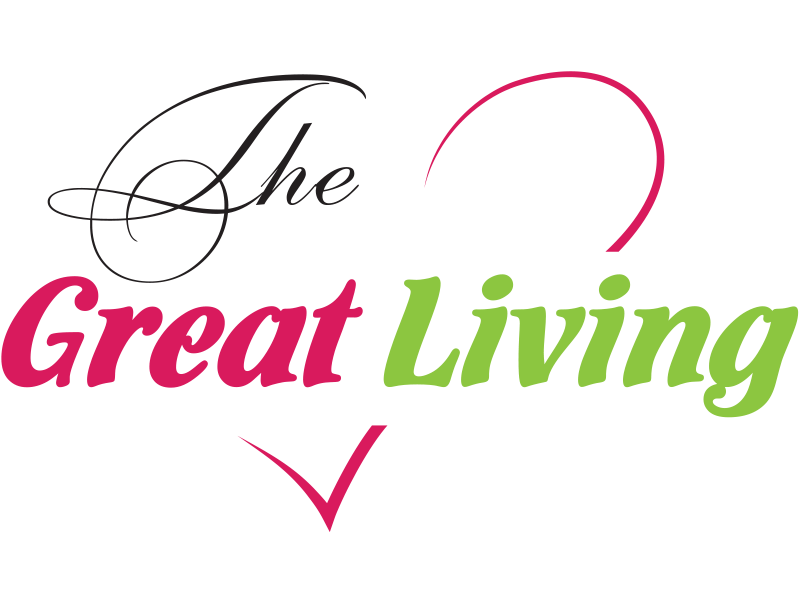Popular diets are dietary patterns that are widely followed and promoted for their perceived health benefits. These diets typically focus on reducing certain foods or food groups, or following specific eating patterns, in order to achieve specific health outcomes.
Popular Diets
1. Low-Carb Diets: Low-carb diets are diets that restrict the intake of carbohydrates in order to promote weight loss and improve health markers. Examples of low-carb diets include the Atkins Diet and the ketogenic diet.
2. Low-Fat Diets: Low-fat diets are diets that restrict the intake of fat in order to promote weight loss and improve health markers. Examples of low-fat diets include the Ornish Diet and the Weight Watchers diet.
3. Plant-Based Diets: Plant-based diets are diets that are based on whole, minimally processed plant foods, such as fruits, vegetables, whole grains, and legumes. Examples of plant-based diets include the Mediterranean Diet and the Vegan Diet.
4. Intermittent Fasting: Intermittent fasting is a pattern of eating that alternates between periods of fasting and non-fasting. This type of diet is often promoted for its perceived health benefits, including weight loss, improved insulin sensitivity, and reduced inflammation.
Pros of Popular Diets
1. Weight Loss: Many popular diets promote weight loss as a primary benefit. By reducing certain foods or food groups, or following specific eating patterns, individuals can reduce their overall calorie intake and achieve weight loss.
2. Improved Health Markers: Popular diets can also improve various health markers, such as blood pressure, cholesterol levels, and blood sugar levels. By reducing the intake of certain foods or food groups, individuals can improve their overall health and reduce the risk of chronic diseases.
3. Increased Energy: Many popular diets can also increase energy levels by providing the body with the nutrients it needs to function optimally. By following a balanced diet, individuals can improve their overall energy levels and feel more alert and focused.
4. Simplicity: Some popular diets are simple and easy to follow, making them accessible for individuals who are looking for a straightforward approach to healthy eating.
Cons of Popular Diets
1. Limited Food Choices: Some popular diets can limit the variety of foods that individuals can eat, making it difficult to sustain the diet in the long term. This can result in nutrient deficiencies and make it more challenging to maintain a healthy and balanced diet.
2. Nutrient Deficiencies: By reducing certain foods or food groups, individuals may not be getting all of the essential nutrients they need for optimal health. This can result in nutrient deficiencies and increase the risk of health problems.
3. Difficulty Sustaining: Some popular diets can be difficult to sustain in the long term, as they may be restrictive or difficult to follow. This can make it challenging to maintain weight loss and achieve long-term health benefits.
4. Unproven Effectiveness: Some popular diets have limited scientific evidence to support their effectiveness, and may not be suitable for everyone. It is important to consult a healthcare professional before starting any new diet.
How to Choose the Right Diet
1. Consider Your Goals: When choosing a diet, it is important to consider your personal goals, such as whether you are trying to lose weight, improve your health markers, or simply improve your overall health. This will help you select a diet that is appropriate for your needs and goals.
2. Consult a Healthcare Professional: Before starting any new diet, it is important to consult a healthcare professional. Your doctor or dietitian can help you determine if a particular diet is safe and appropriate for you, and can provide guidance on how to follow the diet in a healthy and balanced way.
3. Listen to Your Body: It is also important to listen to your body and pay attention to how you feel while following a particular diet. If you experience any adverse effects, such as fatigue, dizziness, or digestive problems, it may be necessary to make adjustments or choose a different diet.
Conclusion
Popular diets can offer various benefits, including weight loss, improved health markers, and increased energy. However, they can also come with drawbacks, such as limited food choices, nutrient deficiencies, and difficulty sustaining the diet.
When choosing a diet, it is important to make an informed decision by considering your personal goals, consulting a healthcare professional, and listening to your body.
Achieving a healthy lifestyle requires a balanced and individualized approach to diet and nutrition. By making informed decisions and prioritizing overall health and well-being, individuals can achieve optimal health and live a happier and more fulfilling life.





